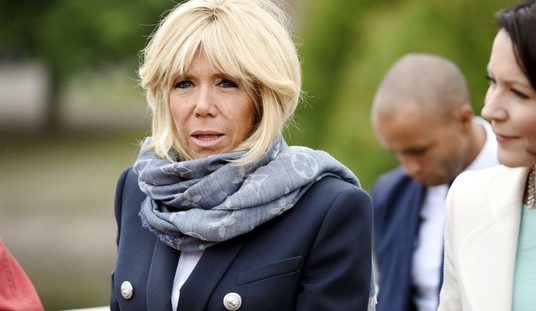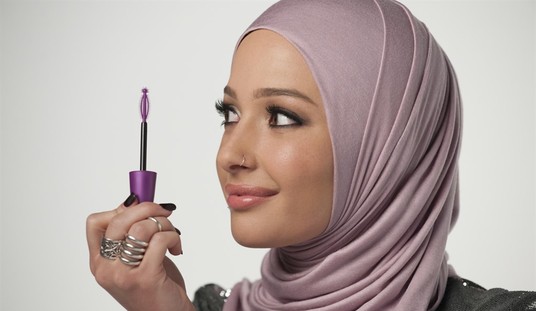The transition team of Donald Trump hasn’t finished their work yet but we’re seeing some broad outlines of what his cabinet will look like. We have successful and influential men (Mnuchin and Ross) at Treasury and Commerce. We have a successful and influential reformer at Education (DeVos). The names being bandied about for Defense (Mattis) and State (various) are also successful and influential in their own right. Most of them have power bases independent of the Trump campaign.
This also gives us a hint of how his administration will function.
Historically, presidents have come into office wanting to push a couple of signature programs. George Bush was touting himself as the “education president” before 9/11 intervened. Obama wanted to restructure a lot of how America operated. This usually leads to the appointment of strong figures in areas where the president has no interest (with Bush it was Rumsfeld and Powell, Heaven only knows who would be considered strong and competent in Obama’s administation) and they pick symbolic but weak and symbolic figures in the cabinet departments where they want to meddle (Bush put Rod Paige in Education and Obama appointed Erick Holder as Attorney General).
Right now we aren’t seeing symbolic appointments or campaign trash getting major positions. What does this tell us?
Back in May, alleged Russian mob fixer and money-launderer and Donald Trump confidant Paul Manafort gave a longish interview to Huffington Post:
The vice presidential pick will also be part of the process of proving he’s ready for the White House, Manafort said.
“He needs an experienced person to do the part of the job he doesn’t want to do. He seems himself more as the chairman of the board, than even the CEO, let alone the COO.”
I think the appointments that we’ve seen so far hint that Trump is going to do exactly what Manafort said. He has every intention of being chairman of the board with Mike Pence acting as CEO/COO. This has a lot of advantages if a) the cabinet secretaries have the requisite skills to handle their positions and b) if they are allowed a great deal of leeway in selecting sub-cabinet appointees. (Too often, and by this I mean virtually always, under- and assistant secretarial positions are filled by the White House based on services performed during the campaign or as a way of satisfying some constituency or interest group. It is not unusual for a cabinet secretary to have no senior subordinates loyal to him but rather they are beholden directly to the president.)
If Trump truly does delegate the running of cabinet departments and agencies to their secretary/administrator and he can keep he White House staff from meddling this could be a significant and potentially successful departure from the model that has been in use for decades.














Join the conversation as a VIP Member